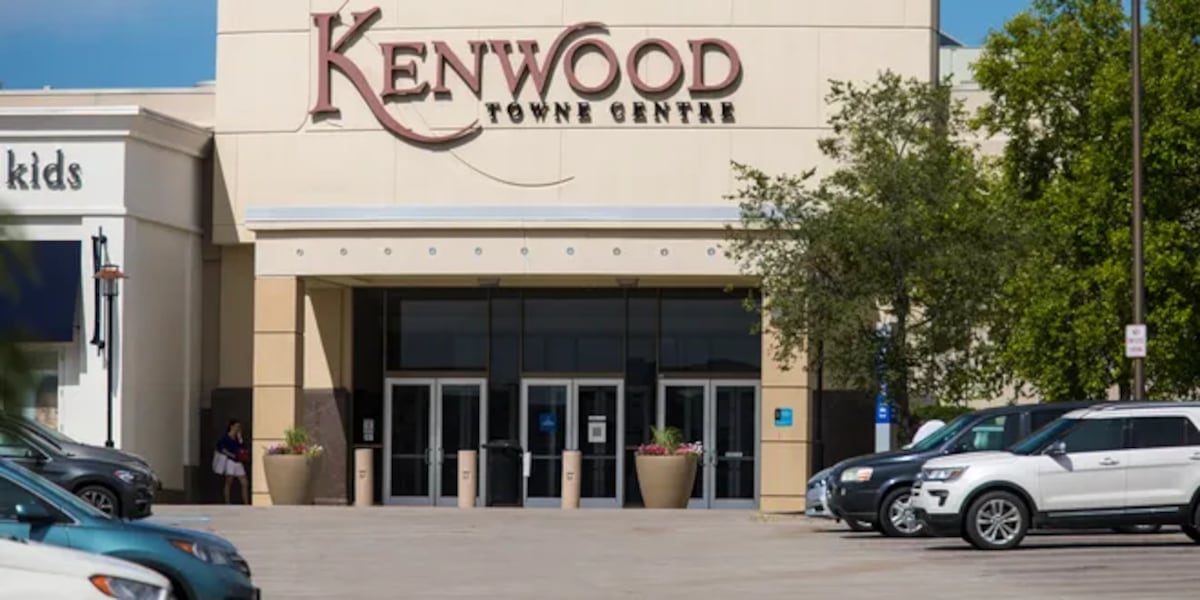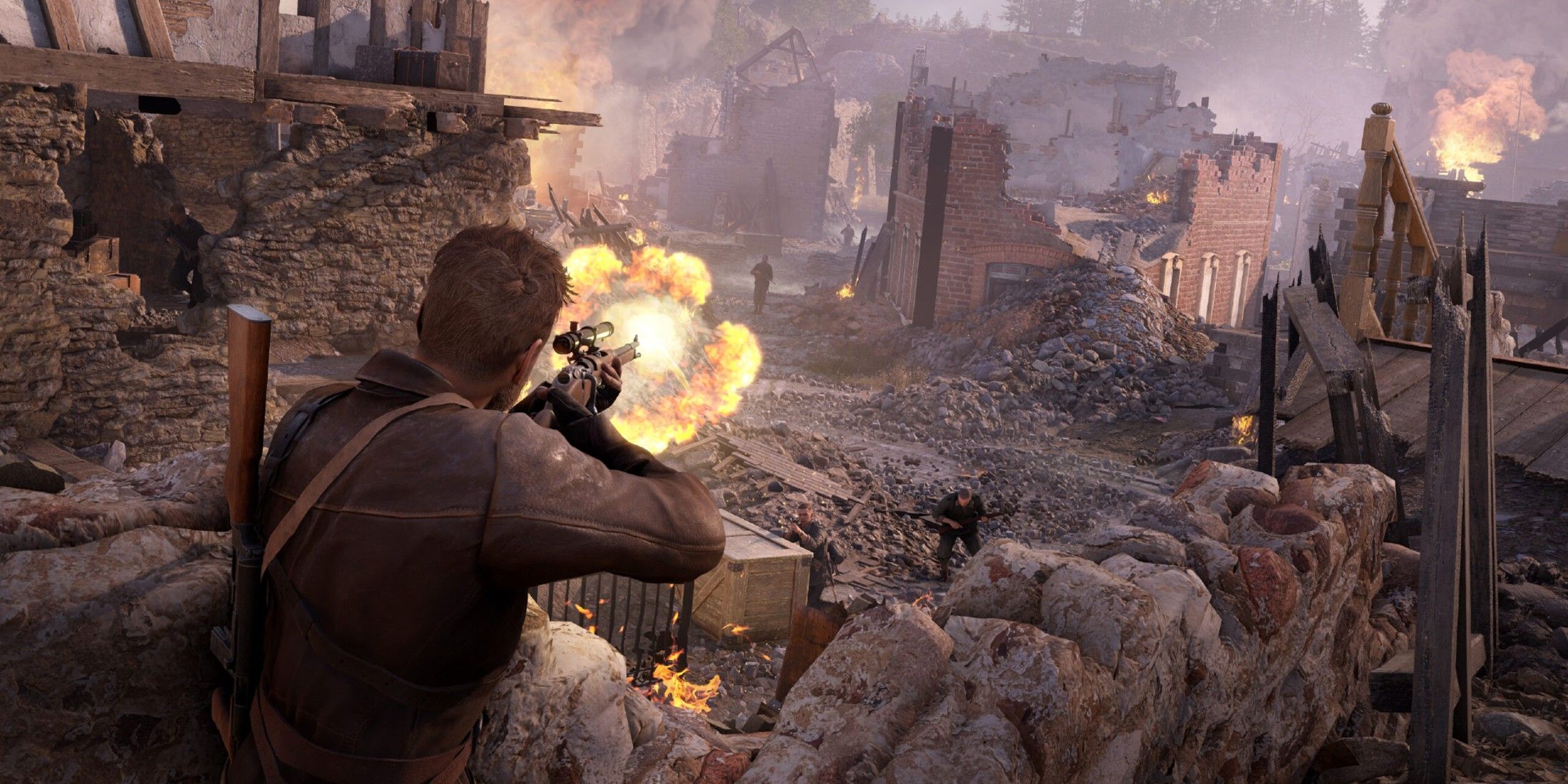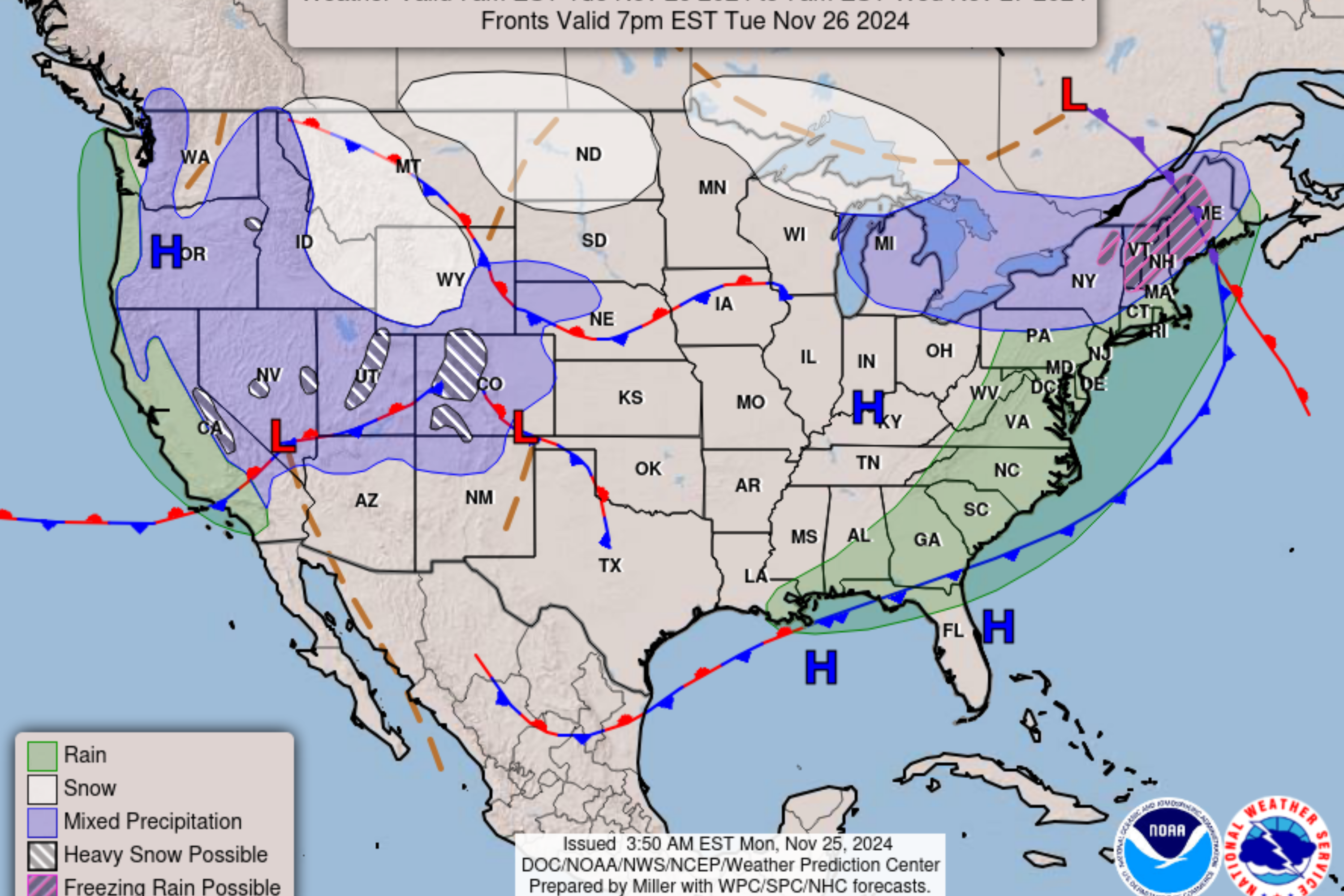World
‘World of horrors’: families huddle on Beirut’s streets amid the bombs

Gunshots fired into the air, women wailing in the streets, the ever-present buzz of drones and the distant thud of Israeli airstrikes: this was the sound of mourning in Beirut on Saturday. Hassan Nasrallah, who led Hezbollah for 32 years, was dead, killed in an Israeli airstrike on Dahieh, in the southern suburbs of Beirut, the day before.
For many in Lebanon, his killing had been unimaginable. But Israel’s war with Hezbollah had long surpassed what was previously thought possible. Pagers had exploded in hands, walkie-talkies blew up in belts and Israeli warplanes killed hundreds in half a day. The death of Nasrallah was one more blow to the Lebanese psyche, already struggling to grasp soaring death tolls and, for some, the loss of their home overnight.
“We are living on what the Seyed [Nasrallah] has given us. He allowed us to raise our heads up high. Whatever the Seyed would say, I would follow,” said Faisal, a 46-year-old man from Dahieh, sharing a piece of broken-off Styrofoam with his wife as a cushion while they watched their two young boys play in Martyrs’ Square in downtown Beirut. They sat in a decrepit, rusted phone booth, using it for shelter from the sun, which had been beating down on them for hours.
“Ariel Sharon was living in the presidential palace, his feet propped up on the desk. Could Netanyahu do that now? No. Why? Because of Hezbollah,” Faisal said.
The couple had not slept in over a day, the evidence of fatigue revealed in red-rimmed eyes and dried blood running down Faisal’s arm, still unwashed. They had been displaced by the very same very same airstrike that killed Nasrallah the day before, the series of intense explosions levelling a city block, injuring more than 100 and killing 11 – a death toll expected to soar as rescue workers picked their way through rubble.
The force of the explosion brought Faisal’s wife to the streets, barefoot, with two children in tow. Eventually she found Faisal and they headed to the square, following others going in the same direction who hoped the Christian demographic of the area would protect them from Israeli bombs.
Hundreds of families from Dahieh crammed into the wide forum, a sea change from the farmers’ markets and running events the square usually usually hosts. Many fled after the first airstrikes hit Dahieh on Friday afternoon, the largest explosions in Beirut since the conflict started. Others fled hours later, after the Israeli military issued maps with buildings they would soon hit, urging residents to flee immediately.
Families remained in the square overnight, tucking into street corners and laying their heads on each other’s laps in an attempt to get some sleep. The dawn found most still awake, the sound of Israeli bombing by their homes still audible from downtown Beirut. People were strewn across the Square, some in nearby parks, others propped up against walls.
A group of Syrians were lined up on the pavement, waiting for a taxi that would take them to Damascus. “Lebanon has become worse than Syria, only god knows what will happen next,” said Mohammed, a 59-year old Syrian who has lived in Dahieh for the past 10 years. He complained that taxi drivers had tripled the price of a trip to Damascus, citing increased demand. “We were sitting at home, and then suddenly there was a sound. We ran away but we didn’t know where we were going. We came here because it seemed safer. Israel is bombing every hour,” said Murshid Yusuf, a middle-aged man who used a walker. Yusuf had been displaced from south Lebanon two months earlier, after an airstrike killed his wife and destroyed his home.
“We’ve been sitting here since yesterday. We don’t know what to do. Now, we’re living in a world of horrors,” Yusuf said, sitting on the side of the road.
Lebanon’s state was already overwhelmed by a previous wave of people who fled an intense Israeli aerial campaign in south Lebanon and the Bekaa valley, which started last Monday and killed about 700 people. Schools, converted into displacement shelters, were already hosting about 70,000 people before Israel’s strikes on Dahieh began on Friday.
One woman from the Bekaa valley said through tears that her family had been turned away by a shelter, which told them it was at capacity. Her son and husband had been sleeping in a car for four days, looking for somewhere which would accept them.
The state, beleaguered from five years of economic crisis, has limited resources at the best of times. To try to fill the gap left by the overwhelmed government, individuals across Lebanon had started to pitch in.
At Nation Station, a community centre and aid organisation housed in an abandoned gas station in Achrafieh, east Beirut, a legion of volunteers have worked throughout the week to get hot meals and aid to displaced people – chopping onions and rinsing rice in 20-gallon sized pots in the community kitchen.
“When I saw all the cars from the south to the north just fleeing, I thought that we already had a kitchen and are distributing food, so let’s start cooking,” said Josephine Abou Abdo, a founder of Nation Station.
Nation Station and its volunteers have distributed 1,800 meals a day to displaced shelters across Beirut and the surrounding areas. They have also been able to collect and donate clothes, medicine and other essential supplies.
“Food is a tool to show hope. A hot meal means that someone has cooked for you and someone has thought of you,” Josephine said.
after newsletter promotion
Rami Mehio, a 30-year old researcher in urban planning, who went to Nation Station to donate some supplies and sign up as a volunteer, said that volunteering during times of crisis was “intrinsic” to Lebanese people.
“You can’t call it volunteering, we are the ones who keep the country together, even in cases of extreme tragedy, otherwise, Lebanon just wouldn’t function,,” Mehio said, explaining that he could not just “sit at home as he watched his people get picked off one by one”.
Despite the scale of individual initiatives popping up throughout Lebanon, the relentless pace of strikes across Beirut had left the country struggling to keep up. In Martyr’s Square, families said no one had come to help them yet.
“Some individuals came distributing water bottles, but that was it,” Yusuf said, complaining of hunger.
Nasrallah’s death added another layer of uncertainty for those ejected from their homes the night before. For his political opponents in Lebanon, of which Nasrallah had plenty, the late leader’s death was a cause for celebration. In private, some quietly rejoiced, eager for anything that would weaken the Iranian-backed group they saw as dominating Lebanon.
For those recently displaced from Dahieh, however, Nasrallah was the only political leader they felt had represented them in Lebanon.
“The Seyed was an honest man, but Israel, it has no mercy,” Yusuf said.
Despite the scale of their losses, revenge was not on the minds of those families lying exposed under the Beirut sun.
“Cut me and I will bleed resistance. Whatever the Seyed said, it would happen,” Faisal said. “But, I’m tired and I have kids. They should be playing at home, not here in the street.”










